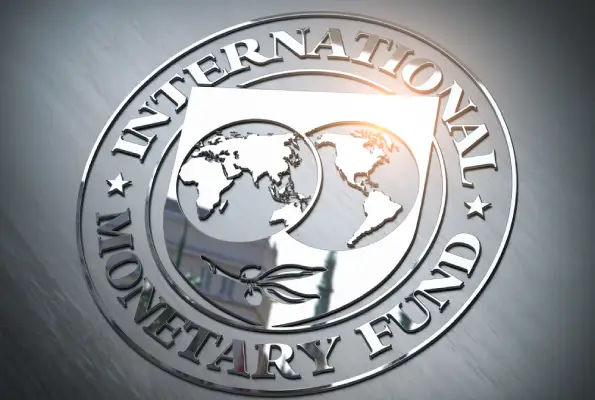The Maldives, a small but strategically positioned luxury tourist destination, has been warned by the International Monetary Fund about the impending danger of “debt distress”. The warning comes as the country seems poised to borrow more from its main creditor China.
Since taking office last year, President Mohamed Muizzu has shifted the atoll nation’s focus away from traditional donor India and towards Beijing.
Recently, his party won parliamentary elections by a significant margin, promising to use Chinese funding to build thousands of apartments, reclaim more land for urban development, and upgrade airports.
Without mentioning the primary lender of the archipelago, the IMF warns that the Maldives is still “at high risk of external and overall debt distress” unless “significant policy changes” are made.
In a statement, the IMF said, “Uncertainty surrounding the outlook is high and risks are tilted to the downside, including from delayed fiscal consolidation and weaker growth in key sources markets for tourism.”
The Maldives, which is a small nation of 1,192 coral islets dispersed 800 kilometres (500 miles) across the equator, is facing an economic crisis. To avoid the crisis, the country needs to increase its revenue, reduce its spending and limit its external borrowing.
The Maldives is strategically located on major international shipping routes, so the country must take action to avoid any potential negative impact on the global economy.
Tourism is a vital source of foreign exchange for the country, and it is home to beautiful white sandy beaches and secluded resorts that offer Robinson Crusoe-style holidays.
China has pledged more funding for the Maldives since Mohamed Muizzu’s victory in last year’s election.
Mohamed Muizzu thanked China for its “selfless assistance” for development funds during a state visit to Beijing shortly after he took power.
According to official data, the Maldives’ foreign debt rose to $4.038 billion in the previous year. This amount is approximately 118% of the country’s gross domestic product and increased by almost $250 million from the year before.
The Maldives finance ministry figures revealed that as of June 2023, the Export-Import Bank of China was the largest single lender, owning 25.2% of the Maldives’ external debt.
It is worth noting that Sri Lanka, which is in a similar situation of debt burden, defaulted on its foreign debt in 2022 due to a foreign exchange crisis. This crisis led to months of food and fuel shortages.
It is worth noting that more than 50% of Sri Lanka’s bilateral debt is currently owed to China, and the country is still facing challenges in restructuring its borrowings with the assistance of the International Monetary Fund.
Sri Lanka was unable to service a large loan obtained from China to build a port in the southern part of the country. Consequently, in 2017, the Sri Lankan government allowed a Chinese state company to take over the facility on a 99-year lease.
This agreement sparked concerns about Beijing’s use of “debt traps” to exert its influence abroad, particularly in the Indian Ocean region.



